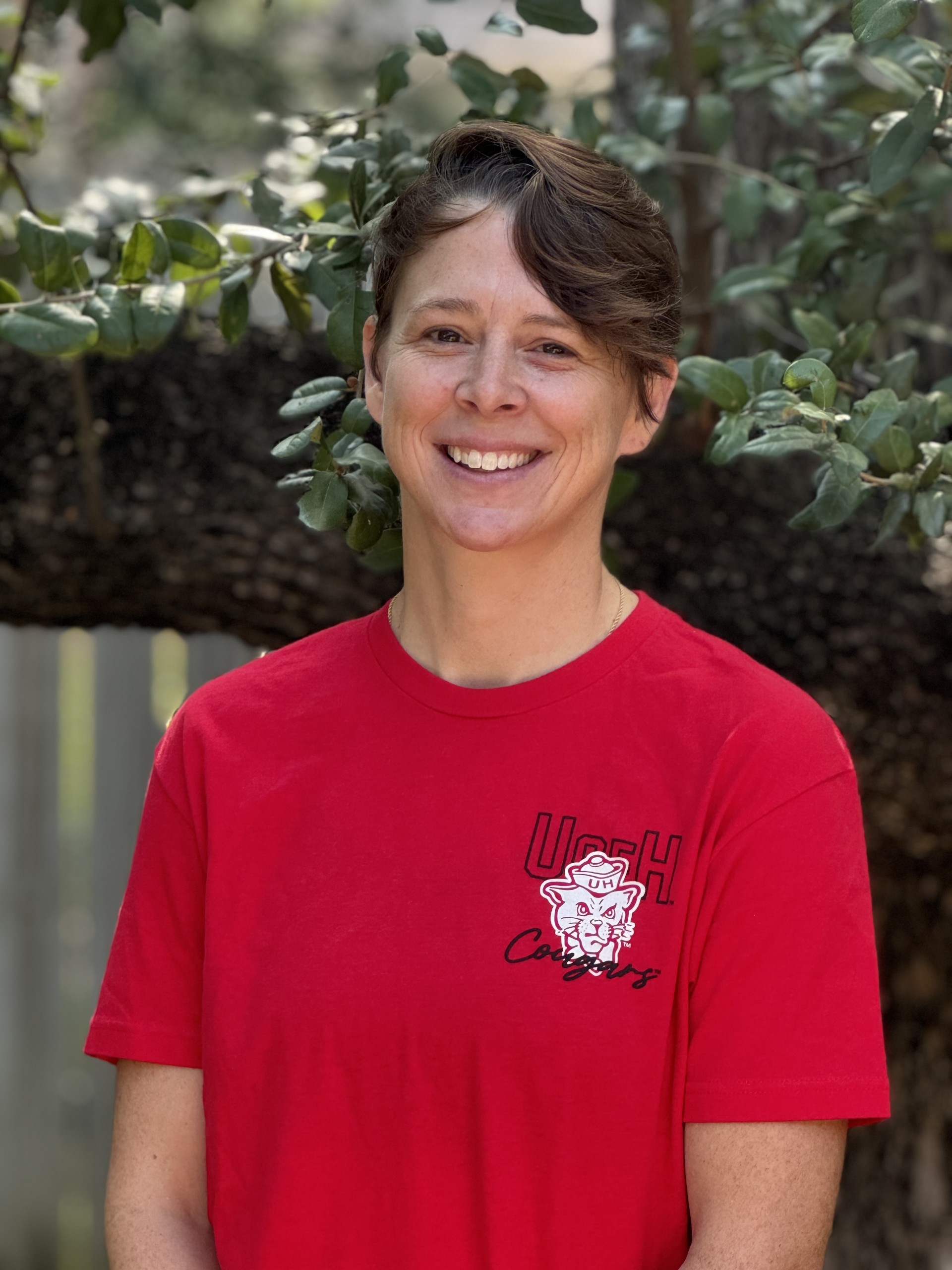 September 2024: Josephine (Tres) Hinds, PhD September 2024: Josephine (Tres) Hinds, PhD
Assistant Professor
Department of Psychological, Health, and Learning Sciences
The University of Houston
Tres Hinds is an Assistant Professor of Health at The University of Houston in the Department of Psychological, Health, and Learning Sciences, who uses mixed methods to focus on SGM tobacco use disparities. Tres received a BS from The U.S. Military Academy at West Point and a PhD in Health Behavior & Health Education from The University of Texas at Austin. Following a T32 postdoc at The University of Texas in Cardiovascular Health Equity, Tres received a K01 from the National Institutes of Minority Health and Health Disparities. Tres is a core faculty member of the Dell Medical School’s Texas Institute for Sexual and Gender Minority Health Research and co-chairs the SGM working group for the Society for Research on Nicotine & Tobacco. Outside of work, Tres enjoys listing to music, running, cycling, and convincing people to lift weights. |
Q: What are your current research interests?
A: My research is focused on the intersection of queer identity and tobacco use. I spend a lot of time considering how different aspects of queerness impact our substance use trajectories – from individually held beliefs about our LGBTQIA+ communities, to our diverse developmental experiences, and how various stressors create unique drivers of substance use, especially tobacco. I think it’s important to acknowledge the complex reasons people use tobacco so that we can design interventions and messaging that considers queer peoples’ intersecting identities and wide-ranging proximities to privilege and marginalization. |
Q: Tell us about your career path – how did you end up where you are now?
A: My career started in the U.S. Army during the era of Don’t Ask Don’t Tell (DADT). Without knowing there was a term for it, I gained first-hand experiences of minority stress that were compounded by daily stressors in a fast-paced job – all while being closeted and isolated from my peers and social supports. Those experiences taught me to never compromise myself again and to be a visible presence for other queer people in any space I occupy. I left the army and pursued my master’s and doctoral degrees in Health Behavior & Health Education while getting training a research assistant at the FDA-funded Texas Tobacco Center of Regulatory Science (TCORS). I then pursued T32 postdoctoral training in cardiovascular health equity, paving the way for me to secure a K01 grant focused on the overlap of queer identity and tobacco use. I’m finally enjoying a tenure-track position in the city where I grew up, and I’m proud to return home and give back to the city’s culture of academic excellence and activism. |
Q: What organizational challenges have you faced?
A: I personally experienced how policies that were designed to be benign (like DADT) were harmful and life-threatening, never mind those that are intended to directly harm SGM people and other marginalized groups. Living and working in a state that no longer protects or promotes equity means we have to work harder to build a community capable of cultivating change. I view my responsibility as a researcher to co-create scientific knowledge and help direct resources and design interventions to improve queer lives. |
Q: What advice do you have for trainees and researchers who want to work in this area or are interested in applying for NIH funding?
A: I think success in academia and grant funding come down to the formula. Review grants and manuscripts. Write your own and get feedback from those with more experience whose opinions you value. Then repeat as many times as it takes. Don’t just copy what they’re doing, but find your own voice within the predetermined structures and systems. While you get the hang of it, cultivate other interests outside of work so that you can move through the grind. The best part of my job is getting to know people I would not otherwise meet, and learn about what makes them tick. |
Q: Do you have any specific advice for working with and involving SGM populations in research?
A: Never forget that queer people have existed and been engaged in community forever. Anything researchers bring to the table must honor this history and center community voices, whose expertise should drive the research. The best-case scenario would be that SGM-focused research is led by or fully incorporates the experiences of SGM people who are deeply integrated and invested in the community that the research intends to serve. Find out what they’ve done, what they currently do, and what their priorities are. Then design ways to conduct research so that everybody benefits. |
Q: Who inspires you?
A: Mold breakers and punks steadfastly committed to their visions of justice, even at their peril or when they work within broken systems. Sylvia Rivera, Monica Roberts, Kathleen Hanna, Gloria Anzaldúa, Barbara Jordan, Chase Strangio, Keith Haring, and more. And the parents and families of kids trying to survive hostile environments and the organizations (like OutYouth!) that support them. |
Q: Any final words of wisdom?
A: Trust yourself. There’s always more than one way to the top of the mountain. |
 September 2024: Josephine (Tres) Hinds, PhD
September 2024: Josephine (Tres) Hinds, PhD